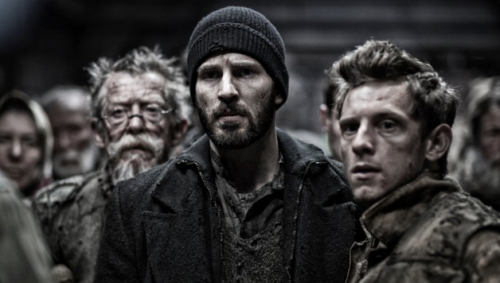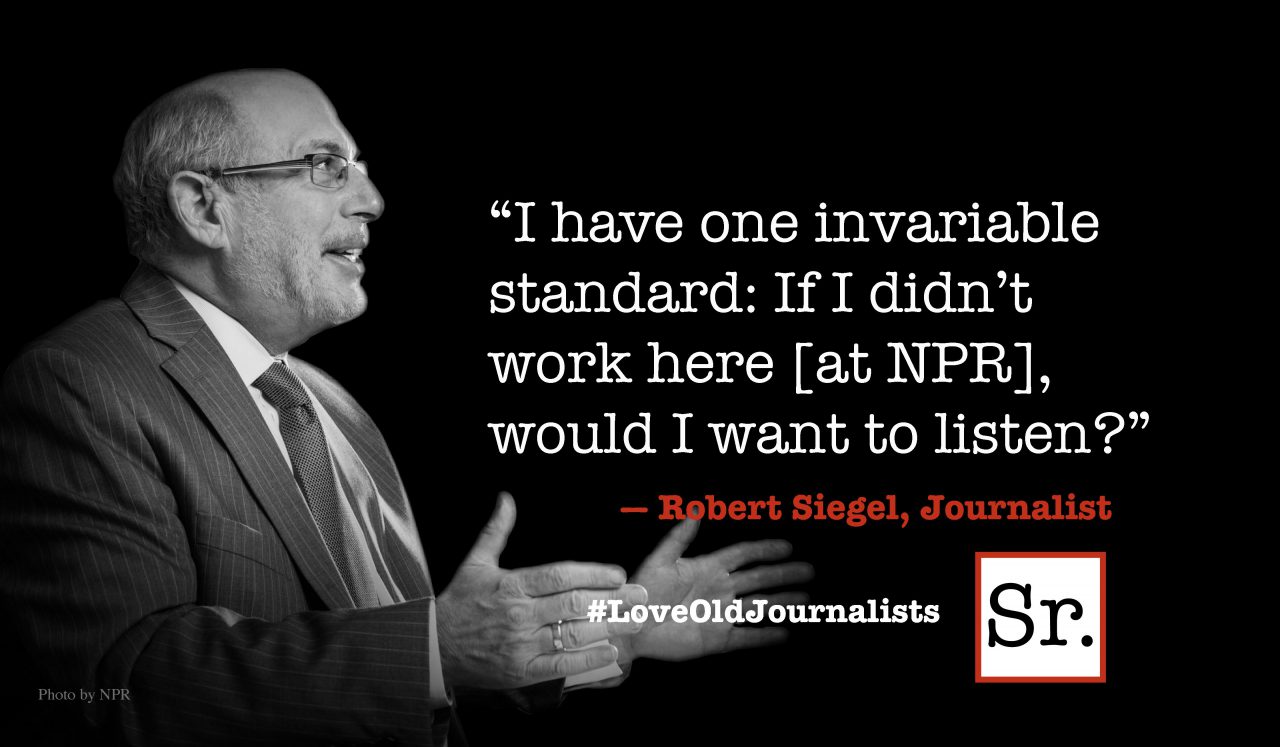Allegorical sci-fi doesn’t get much more headsmackingly ambitious than “Snowpiercer,” a claustrophobic epic from Korean director Joon-ho Bong.
Joon-ho got a toehold in the American market with “The Host,” a superlative monster movie that mixed genuine thrills with offbeat humor. He followed that up by going in exactly the opposite direction with “Mother,” which follows the trials of an unsophisticated Korean woman whose only son is accused of murder.
“Snowpiercer,” though, is his most ambitious movie to date, one filled with big-name actors (Octavia Spencer and Ed Harris, for instance, take small but pivotal roles) and overflowing with political and social satire. It’s as if “Das Boot” were mated with Terry Gilliam’s “Brazil.”
In the near future the world’s great powers try to deal with global warming by shooting into the atmosphere rockets filled with some newfangled chemical that’s supposed to lower Earth’s temperature. It works all too well, plunging the planet into a new Ice Age that kills just about everything.
But 1,000 lucky — or maybe not so lucky — survivors have found shelter in an ultra high-tech, mile-long train that runs on nuclear energy and for the last 18 years has been roaring unceasingly on a non-stop circuit around the Earth.
We’re first introduced to this brave new world at the back end of the train, where the unwashed proletariat squirm in an existence only a dozen feet wide and hundreds of yards long. it’s like the world’s biggest submarine.
These poor bastards survive on gelatinous protein bars passed out by black-armored riot police who several times each day line everyone up for head counts. Now and then these thugs snatch young children and take them to the front of the train for purposes too unpleasant to contemplate.
Curtis (Chris Evans) is sick of it. With his young friend Edgar (Jamie Bell) and the aged, one-armed, one-legged Gilliam (John Hurt), he’s fomenting revolution. Curtis is betting that the guards are carrying empty guns, that all their ammo was used up in previous attempts to seize the engine. Now he’s rallying his fellow proles to make yet another rush on the front of the train.
Between them and their goal, however, is Tilda Swinton’s Mason, the representative of “the benevolent Wilford,” the train’s inventor. Sporting false teeth, a fake nose, eyeglasses and a bad ‘do, Swinton lectures the back-of-the-train population that the survival of all depends upon everyone accepting their particular lot in life.
Some folks are meant to live in filth and squalor, Mason contemptuously proclaims, others were always destined for the bourgeoise pleasures at the front of the train.
This is, in fact, a savage send-up of the one percent, delivered with withering humor and outrageously smug satisfaction. Swinton gives us inspired lunacy — part school marm, part warden from an old women’s prison movie. In fact, look close and you can see glimpses of the late Margaret Thatcher poking through the prosthetics.
Over the course of this two-hour-plus epic, Curtis and his revolutionaries fight their way car by car to the front of the train, leaving behind a trail of the dead and dying. At one point cinematographer Kyung-pyo Hong uses one long take in slo-mo to capture a axe melee that seems to have been inspired by the hallway brawl in Chan-wook Park’s “Old Boy.”
Ondreg Nekvasil’s production design is a character unto itself. The rebels fight their way through the barracks-like cars inhabited by the “police.” They discover the machinery that recycles and purifies water and food.
The closer they get to the engine, the more plush the surroundings. One car is a walk-through aquarium featuring a sushi bar. There’s a beauty parlor, a gymnasium, and a classroom filled with squeaky-clean white children and overseen by a sweet teacher (Alison Pill) who has swallowed more than her share of political Kool-Aid.
Between pitched battles, Joon-ho and co-writer Kelly Masterson (adapting the French graphic novel Le Transperceneige) provide us with moments of insight and reflection. Evans (whose big-screen Captain America is, for my book, the most compelling of the Marvel superheroes) walks an ever-shifting line between fury and anguish, and his recollections of the early days on the train are devastating:
“I know what people taste like. I know that babies taste best.”
Good science fiction often has philosophical underpinnings, and through Curtis we discover that in this hermetically-sealed world nothing is what it seems, that free will is impossible, that everyone dances to strings being yanked by unseen fingers.
Not comforting, but evocative as hell.









